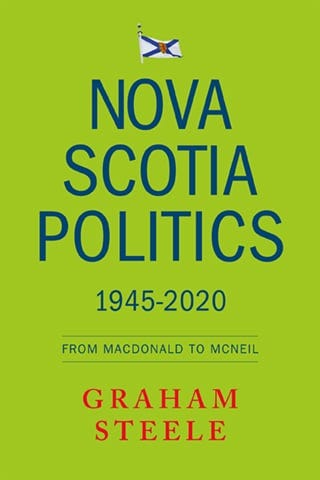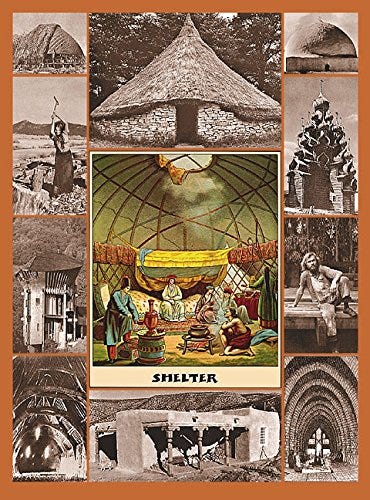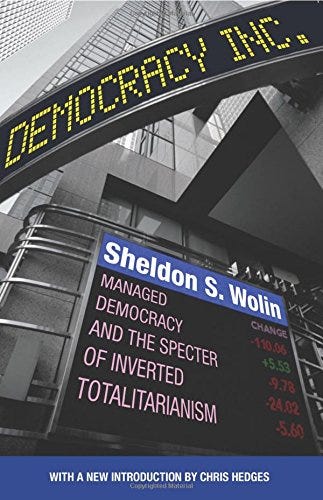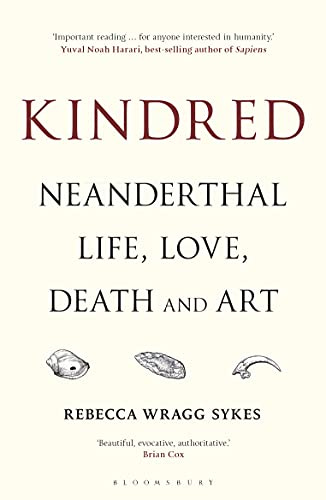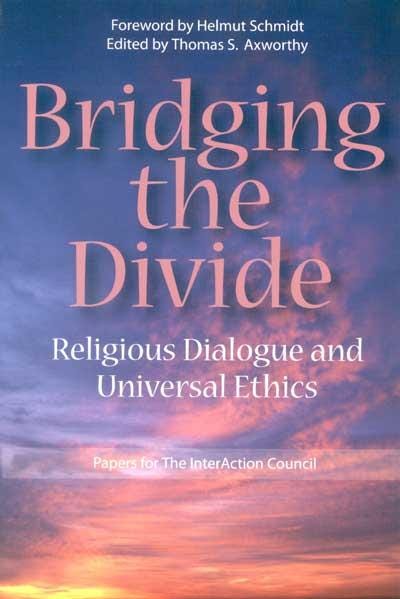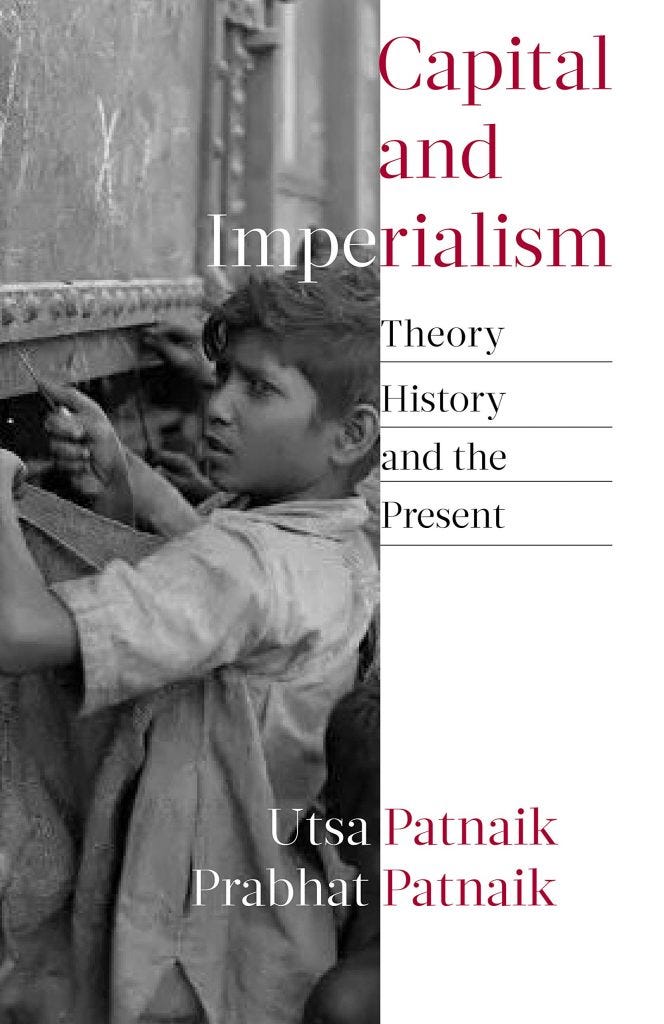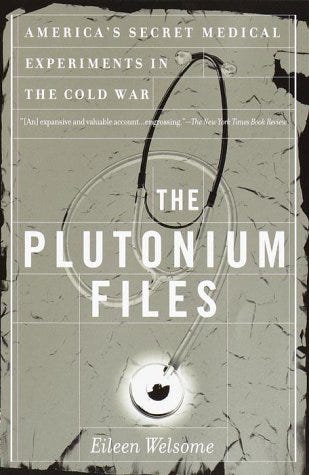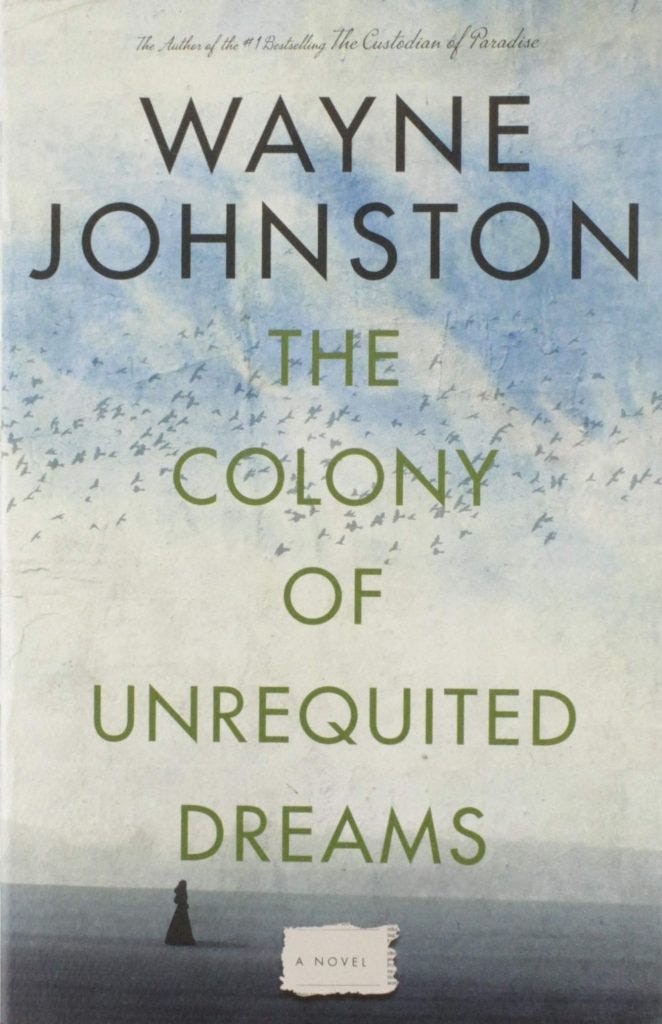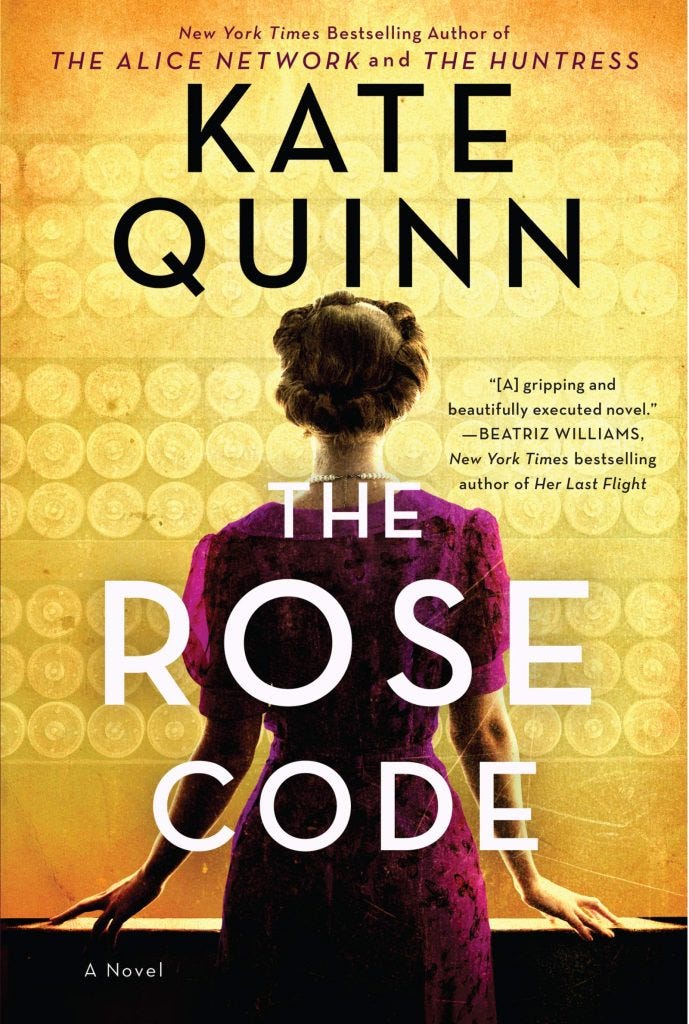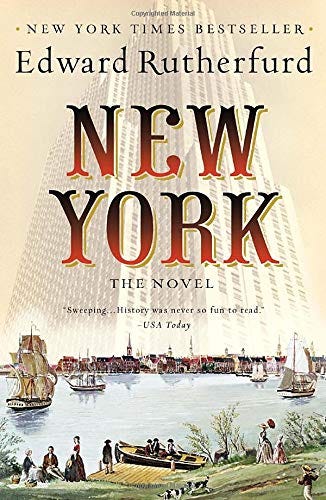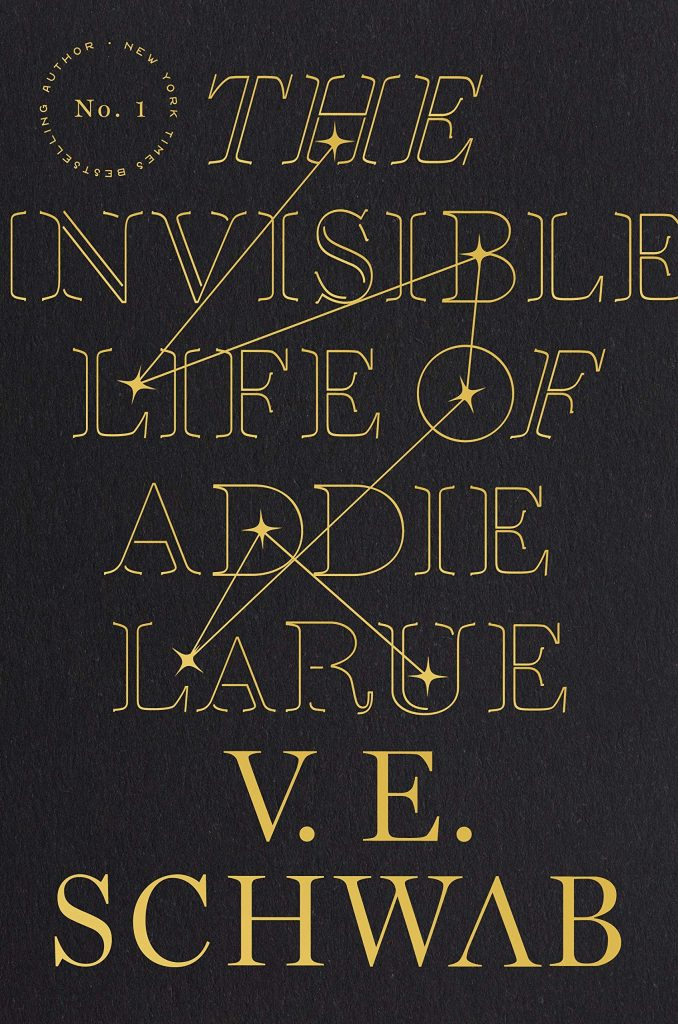Here's the list of our favourite summer books
Wow! Check out these awesome recommendations
Last week we asked PeaceQuest readers what they are reading this summer... Wow! We got so many awesome recommendations. Here they are in no particular order. Thank you to everyone who sent these in.
Ethel Rosenberg: An American Tragedy by Anne Sebba (2021).
A moving biography of an American woman who together with her husband Julius was convicted of conspiracy to commit espionage for the Soviet Union and put to death in 1953. This is Ethel's story and includes her prison letters for the first time. I appreciated this book because it shows what heightened fear and betrayal of others can do to individuals, families, communities, and countries. The historical backdrop for the book is Cold War nuclear tension between the USA and the Soviet Union and the Red Scare in the USA. Nancy
Nova Scotia Politics, 1945-2020 by Graham Steele (2021).
Good survey of the politics of Nova Scotia. Michael
Shelter by Lloyd Kahn and Bob Easton (1973).
It is about the range of human dwellings, their economics and how they can nurture the spirit. The emphasis is on owner-built and local materials, which minimizes opportunity for profiteering. Bob
The Crash of Flight 3804: A Lost Spy, a Daughter’s Quest, and the Deadly Politics of the Great Game for Oil by Charlotte Dennett (Chelsea Green Publishing, 2020).
The Price of Peace: Money, Democracy, and the Life of John Maynard Keynes, by Zachary D. Carter (Penguin Random House, 2020)
Public Intellectual: The Life of a Citizen Pilgrim by Richard Falk (Clarity Press, 2021)
Three books, all highly insightful. John
Democracy Incorporated, by Sheldon Wolin (2008)
It's about how US economic and state powers are conjoined. It is what Wolins calls a Managed Democracy where the public is shepherded, not sovereign. A Place where corporate power answers to no on.
I like it because it explains the US and pretty well all Western governments including Canada's agenda of being controlled by the corporate elite and the military industrial complex, which pretty well functions behind closed doors. Pamela
Kindred by Rebecca Wragg Sykes (2020).
This now-retiree has reverted to my university days studying anthropology, except it's waaaay more interesting now than in the 60s. With more sophisticated dating techniques, it was discovered that Neanderthals and Homo sapiens overlapped temporally and geographically and interbred! Sykes pulls together all this new info to introduce us to Neanderthals, not in its cartoonish incarnation, but as sophisticated toolmakers and big game hunters and gatherers who several times adapted to a changing environment. Ellie
Bridging the Divide: Religious Dialogue and Universal Ethics. Papers for the Interaction Council. Edited by Thomas S. Axworthy. Foreword by Helmut Schmidt (School of Policies Studies, Queen's University 2008)
Believing that religious understanding has led to many conflicts the Council asks: Can religions become a force for peace, can the virtue of tolerance be taught, do world religions share a core ethic, and what can be done to thwart those who exploit and abuse faith for their own ends?
It gives an excellent viewpoint from the different religions, local and global politics, Ethics and Human Rights and responsibilities.
I am looking forward to studying the methods and results of their dialogue. It will take me a long time to finish the book. I appreciate what I have read so far. Sister Marilyn
The Gospels In Brief--Leo Tolstoy (2016). One of his lesser known works, this tells the story of Jesus Christ in a modern narrative. Tolstoy supported the Russian Christian group, the Doukhobors (Russian for “Spirit Wrestlers”) who are pacifists.
The Last Days of Stalin by Joshua Rubenstein (2016). Exhaustive research and analysis goes into the dying dictator's situation as it examines Stalin's last policies and their implications. Factual descriptions of the domestic and foreign reactions; extremely well written.
Yugoslavia: Death of a Nation by Laura Silber and Allan Little (1997). Great book that tells the terrible situation of the former country that is free from political bias like Michael Parenti and Diana Johnstone. Fair and balanced account with reliable sources.
The Vory: Russia's Super Mafia by Mark Galeotti (2018). Excellent historical account of the origins, mechanics and overall history of Russia's underworld. A straight forward book that explodes myths such as the notion that organized crime was not widespread or even existed in the former Soviet Union.
All of the books interest me because of my Slavic heritage. Lyle
Capital and Imperialism: Theory, History and the Present by Patnaik, Utsa and Prabhat Patnaik (New York: Monthly Review Press, 2021).
About how imperial Britain took, and did not pay for, the looting of India; plus using that example as the basis for theory about imperialism, the operations of Finance Capital and related matters.
Uncovers a lot of history of India of which I had not previously been aware. My grandfather was part of the raj in India, so it adds a dimension for me. Ken
The Plutonium Files by Eileen Welsome (1999)
My summer reading alternates between the light and not so light. The light is learning about the unique plants which inhabit the 'Atlantic Coastal Plains' area of NS, an activity which leads to canoe trips to locate where these often endangered plants grow.
The heavy reading is "The Plutonium Files" by Eileen Welsome published in 1999, an emotionally charged however well researched book.
Americans' inhumanity to its own citizens is exposed with the usual vulnerable people - black people, poor people without medical care and the incarcerated being the victims. Plutonium was intentionally injected into carefully chosen hospitalized folk; military people were made to witness nuclear test explosions at close quarters; total body irradiation was given as possible cures for illnesses and finally the testes of incarcerated men were irradiated. All of these were performed to answer the military's and later NASA's questions about what would happen to the human body in the event of radiation exposure.
Would I recommend this book? Yes and no. Yes, if you need to learn, but no, if you want a pleasant read. Nancy
I am reading two books:
Nellie McClung by Charlotte Gray (2008) 204 pgs. An extraordinary Cdn. born in 1880’s who pushed hard to get new patterns of women’s participation into reality. Her granddaughter, Marcia lives in Toronto. Engagingly written.
The Unconventional Nancy Ruth by Ramona Rumpkin (2021) 433 pgs. The complex, frenetic path taken by Nancy Ruth ( born a Jackman ) to arrive at a feminist life of generous support for others to this day, including Cdn. Voice of Women for Peace. Happy reading, Janis
The Colony of Unrequited Dreams by Wayne Johnston (1998).
Over the years I discovered the great joy of reading again the books that touched my soul. Now for the second time I am reading Wayne Johnston’s fictional biography of Newfoundland’s first Premier Joey Smallwood. It a historical novel about an unrequited love. It is full of love and humour. The sense of place is so powerful you feel like you are there. The two main characters Smallwood and Fielding are complex and compelling. Andrew
Five Little Indians, by Michelle Good (2020).
It is a very powerful novel which delineates the human cost of Canadian settler colonialism, with a special focus on the residential school system. The book has won many prizes, including the 2021 Amazon Canada First Novel Award and the 2020 Governor General's Award for Fiction. Michelle Good is a member of Saskatchewan’s Red Pheasant Cree Nation. She lives in Kamloops BC. Florence
Last Chance Texaco by Rickie Lee Jones (2021).
Just finished Last Chance Texaco, an autobiography by Rickie Lee Jones. She shares her unique family history and describes a challenging childhood and adolescence. I liked reading about her musical influences and how she persevered in the male dominated music industry.
Currently reading Settler: identity and Colonialism in 21st Century Canada by Emma Battell Lowman and Adam J. Barker (2015). It looks at what it means to be a settler or colonist, and how that impacts relationships with the land and with Indigenous people.
Next up, fiction - A Town Called Solace by Mary Lawson. I enjoyed all of her previous novels so expect this will be another wonderful character-driven story. Anne
The Rose Code by Kate Quinn (2021).
It’s about female code breakers during WW2. What I like it? It’s an easy summer read that’s well written with interesting characters and great insight into a key part of the war effort and the role women played. Kirsten
New York-The Novel by Edward Rutherfurd (2010).
Well researched historical fiction starting in New Amsterdam in 1664-NY 2001. It follows several families over the centuries. One of the best lines in it so far was: What's the difference between privateering and pirating? Privateering is if you take the goods off someone's ship; pirating is if they take the goods off your ship. Colonialism, Indigenous relationships and abuse, slavery, war profiteering...it's all in there. Great read! :) Bridget
Two books on my table:
Me and White Supremacy by Layla Saad (2020). A great resource for me as I try to figure out how I as a white middle class male respond appropriately to the racism in me and in my world.
Dancing with My Father by Jo Sorochinsky (2021). A very personal and moving account of the hidden past of her Jewish father and how Nazi Vienna shaped Jo's family --- great insights into Jo's life --- a long time social change activist and adult educator here in Canada. Michael
Invisible Life of Addie LaRue by V.E. Schwab (2020). It's about a girl from 300 years ago who makes a deal with a God to live free to do whatever she pleases (travel, never get married etc), but the trade off is that as soon as a door closes between her and another person, they forget her immediately. It's a fun summer read! Kathryn
I've gone back to reading books on the peace movement in the good old 1980s. e.g. a million at UN headquarters in New York. Peace, Ed.



